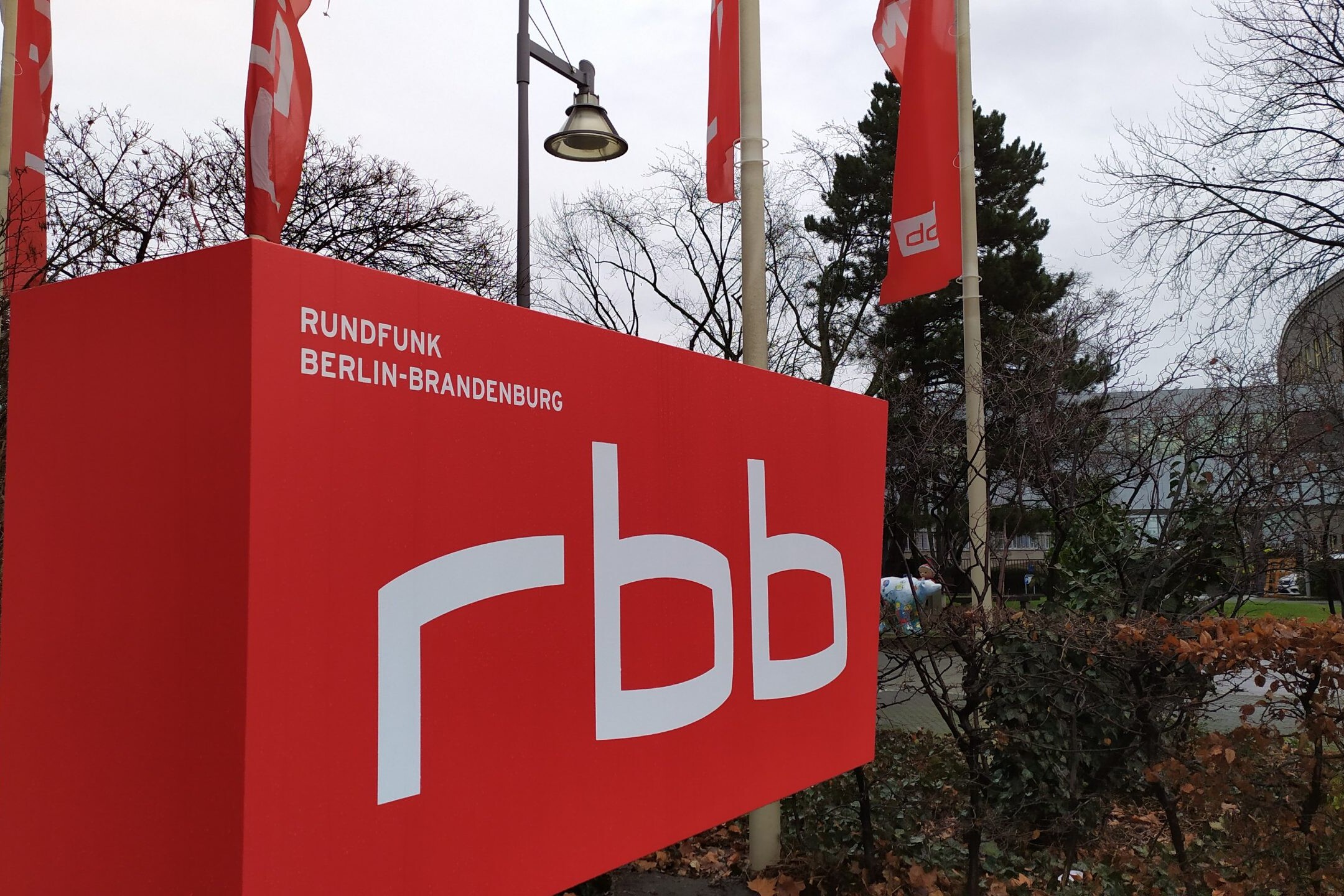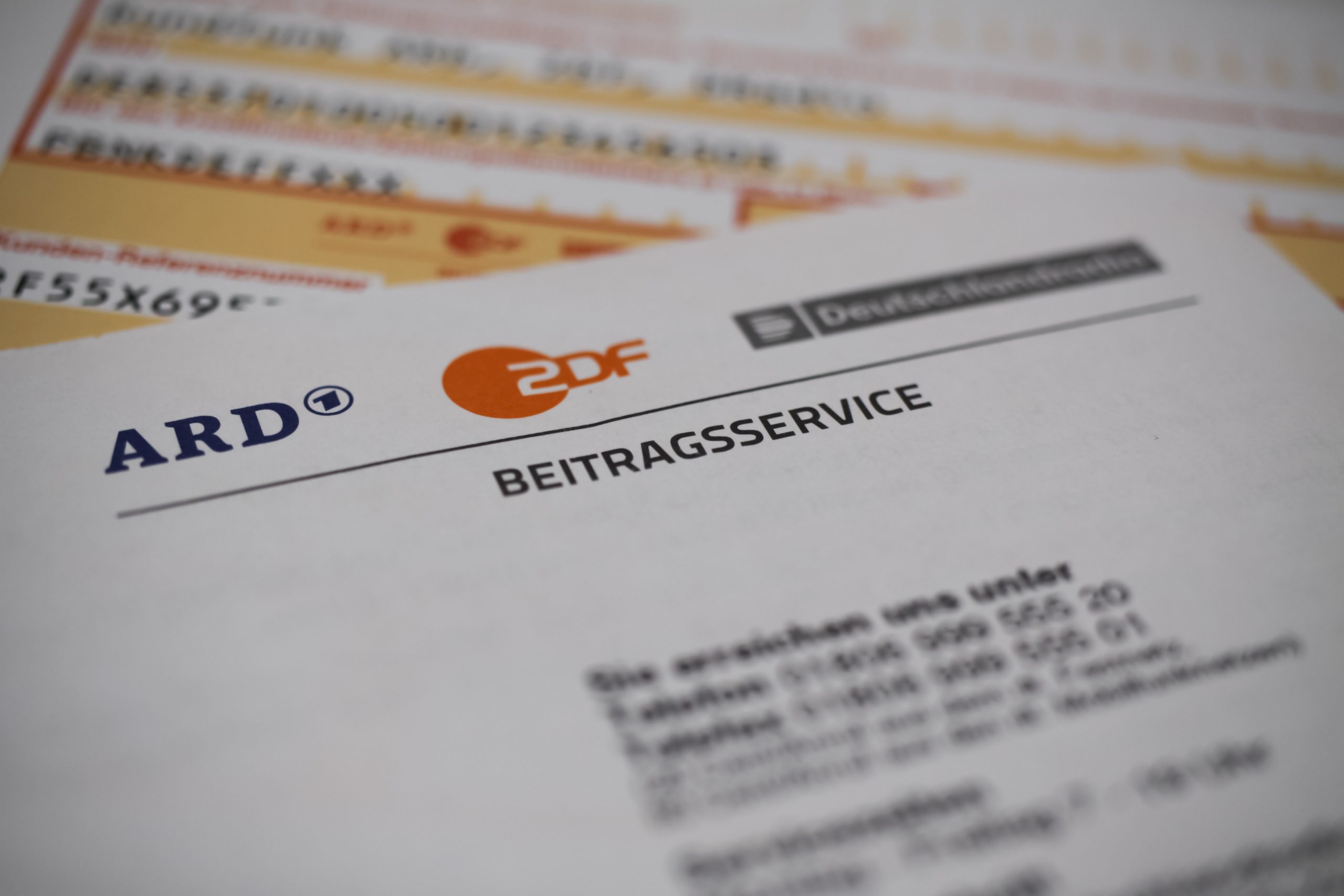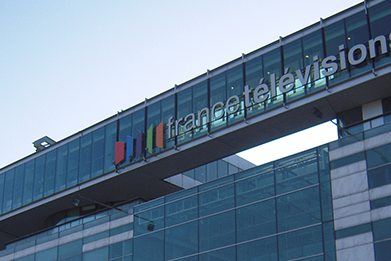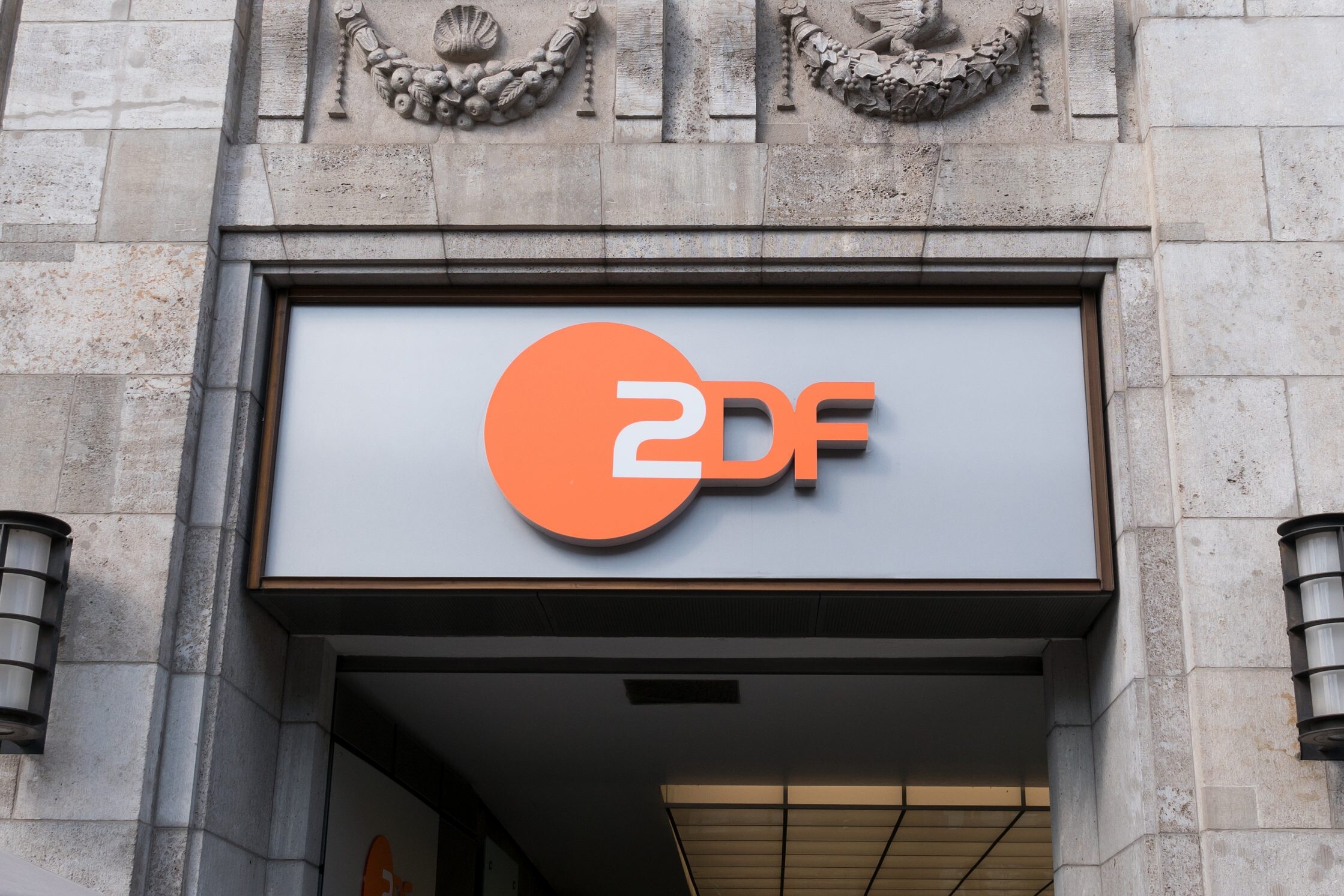Reform for German public media under microscope
1st December 2022
The heads of Germany’s 16 states have given their assent to reforming Germany’s public service media sector, but the proposals have faced criticism.
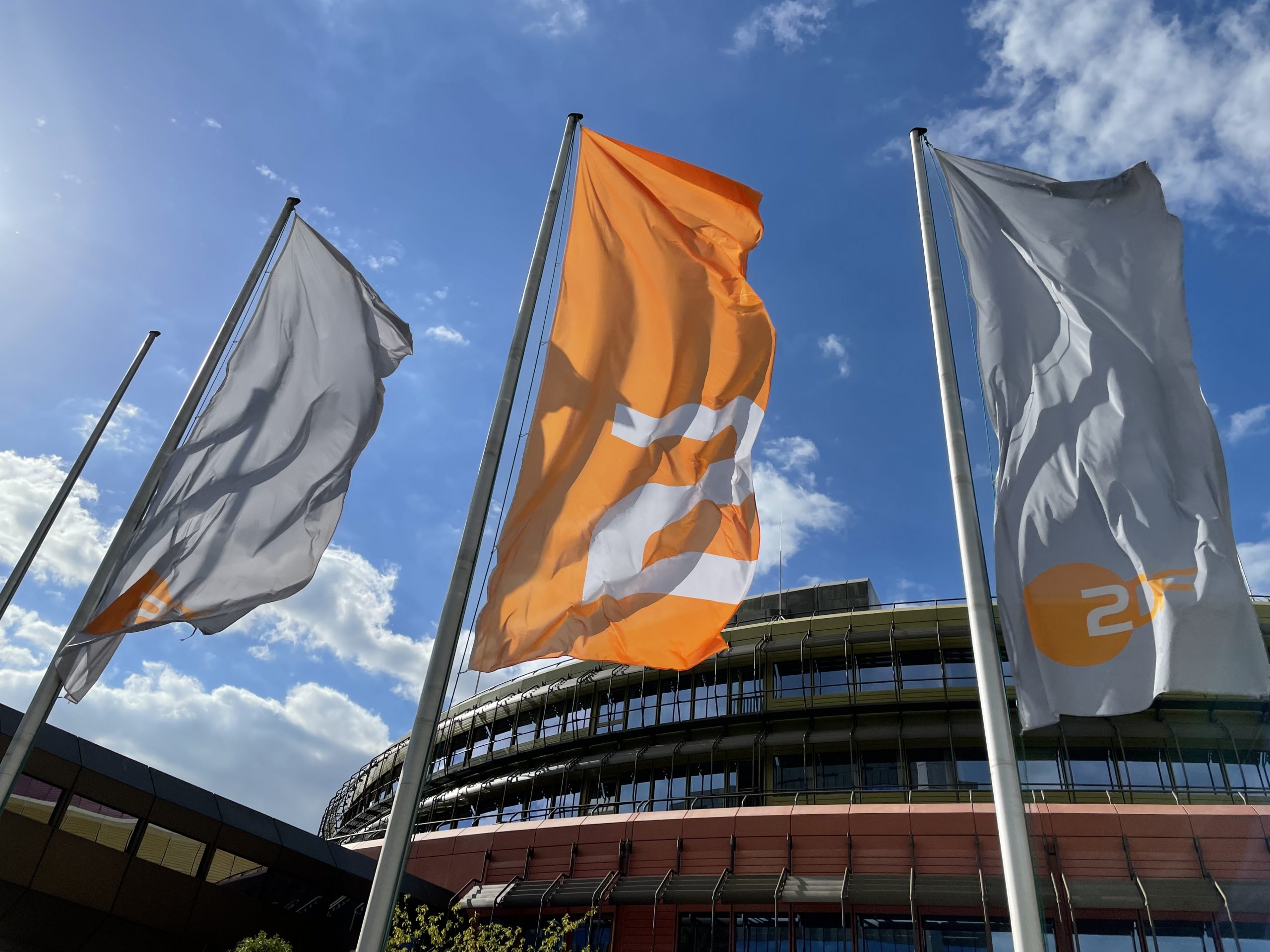
The direction of public media in Germany is under question, after the Prime Ministers of Germany’s 16 states signed the new Media State Treaty (medienstaatsvertrag) which will see significant reforms for Germany’s two public broadcasters, ARD and ZDF.
The plans had already been finalised in June. The most major change is that the two organisations will have more flexibility in terms of whether some of their programmes are distributed online rather than broadcast. The update is intended to allow the organisations to adapt and compete with streamers.
Under the proposals, there would also be a refined public media brand and strengthened broadcast councils.
Read more: Federal states reach agreement on public media reform
“We are making public broadcasting fit for the future,” Bavaria’s Media Minister Dr. Florian Herrmann said in June. “ARD and ZDF had grown too broad. Now we are sharpening the profile in a targeted manner and expressing the brand core of the public broadcaster even more clearly.”
The Director of ZDF, Dr. Norbert Himmler, has been positive about the direction of the reforms. “The new media state treaty opens up many opportunities for ZDF and ARD for flexible, independent development and also strengthens the role of the committees in checking program quality.”
But the signing of the treaty has also ramped up criticism of the plans, both from within public broadcasting and outside. These criticisms have been exacerbated by the Patricia Schlesinger affair at rbb.
The state parliaments are due to vote on the reforms at the turn of the year.
Private media urging for greater regulation
The plans have faced criticism from private media entities, who fear how they might disrupt the sustainability of the commercial sector. Two organisations called for greater regulation of public broadcasters so that the media market did not become distorted.
“There was no significant and concrete cut in the scope of the order,” said Claus Grewenig, the CEO of VAUNET (the Association of Private Media) and Chief Corporate Affairs Officer at RTL Germany. “On the contrary, the new flexibility created for the institutions can mean that the limits for the offers of the public broadcasters are ultimately based on the available finances and not on clear specifications for their mandate.”
“The new media state treaty opens up many opportunities for ZDF and ARD for flexible, independent development and also strengthens the role of the committees in checking program quality,” – Dr. Norbert Himmler, Director of ZDF
Mr. Grewenig also called for greater control over the commercial activities of the broadcasters. “The federal states must therefore adjust the limits to private media all the more carefully, reduce advertising on ARD and ZDF, adhere to the online advertising ban and set clear limits for the commercial activities of the broadcasters,” he said.
More regulation was also called for by the Managing Directors of Corint Media, Markus Runde and Christoph Schwennicke. “The law [Interstate Media Treaty] introduced in June 2021 can only result in a functioning market and an approximately uniform range of law if the public broadcasters no longer make their content available free of charge to the major platforms such as Google and Meta / Facebook, which distorts competition,” they said. “This discrimination against privately funded broadcasters and press publishers must not continue.”
Criticisms from within
However, it was not only private media who have criticised the plans. In a speech in early November, the WDR director and current chairperson of ARD, Tom Buhrow said the reforms did not go far enough.
“We have to break out of the current system,” he said, questioning whether there was a need to have two different organisations – ARD and ZDF. “Should one disappear altogether and the other remain? Or should they merge and retain the best of both?” The proposals put forward by the states meanwhile, would not “position ourselves in such a way that we can go into the future lean and strong.” To get the conversation moving forward, Mr. Buhrow suggested forming a roundtable as “a kind of constituent assembly for our new, non-profit broadcasting.”
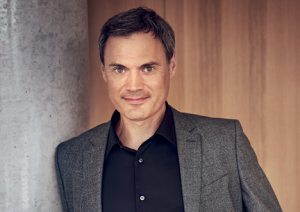
But Dr. Norbert Himmler of ZDF, distanced himself from his ARD counterpart. “A debate about the mission and scope of public service broadcasting is important. However, I do not share the general Scepticism of the ARD chairman with regard to the ability of public broadcasting to be reformed.
“ZDF has proven in recent years that successful reforms are possible. This is what offers such as ZDFinfo, ZDFneo, the digital platform ZDFkultur or the ZDFmediathek stand for – examples that show how ZDF consistently adapts to the new media world consistently and without additional money. I also perceive media policy as more mobile than Tom Buhrow does.”
Conversely, Tom Buhrow’s comments were well received in some quarters. The Federal Finance Minister, Christian Lindner, said he deserved “extraordinary respect and attention.” The incoming Chair of ARD, Kai Gniffke who is the director of SWR, commended his desire to “rethink things that we have long held to be untouchable.”
Related Posts
16th August 2022
Germany: Trust, accountability & transparency are critical for public media
An investigation into Berlin's public…
22nd June 2022
Germany: Federal states reach agreement on public media reform
After years of negotiations, Germany's…
17th March 2022
France: Public media scrutinised ahead of election
Ahead of France's presidential election…
